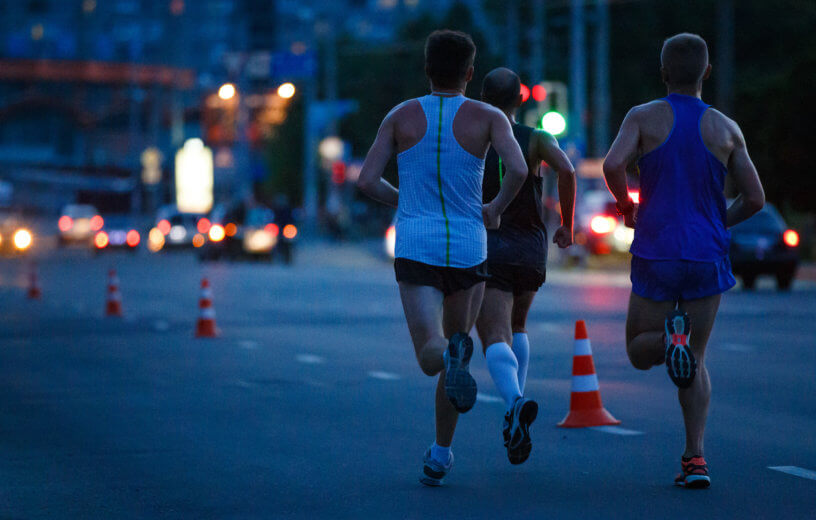BATHURST, Australia — Hitting the gym at night won’t keep you tossing and turning all night, contrary to popular belief. A recent study finds that evening exercise doesn’t ruin sleep and may even reduce appetite.
As more adults struggle to find the time to exercise regularly with busy schedules keeping them bogged down, working out in the evening may be an option — if folks can push themselves to exercise after a long day of work. But many fear that getting the endorphins flowing later in the day may give them a surge of energy that will sabotage their sleep and, consequently, their productivity the following day.
Not true, however, argue researchers at the Charles Sturt University. For their study, the authors focused on 30 minutes of high-intensity exercise performed in the early evening and found that this does not negatively affect sleep that night. In fact, they show that pounding away on the treadmill after the sun sets may help weaken feelings of hunger as dinner looms.
The research team recruited 11 middle-aged men to complete three experimental trials that monitored sleep and appetite responses to exercise performed between either 6 a.m. and 7 a.m., 2 p.m. and 4 p.m., or 7 p.m. and 9 p.m. Each participant was required to perform high-intensity cycling, with six one-minute, maximal intensity sprints and four minutes of rest in between. The researchers collected blood samples before and after the routine to identify and examine appetite-related hormones. They also performed several tests while the participants slept to assess sleep stages.
The results revealed no sleep disturbance in participants who exercised in the nighttime hours. They also showed that those who exercised in the afternoon or evening had lower levels of the hunger stimulating hormone, ghrelin. And, perhaps surprisingly, participants seemed to have more energy for the exercise in the later segments of the study, which could also debunk the belief that working out first thing in the morning is the optimal time.
“Interestingly, power output during the sprint efforts was higher for the afternoon and evening trials compared to the morning trial, indicating that participants were able to perform better during latter parts of the day. Therefore, time-of-day may also need to be considered when planning training schedules,” says lead researcher Penelope Larsen in a media release.
Larsen suggests that warnings cautioning against early evening exercise, even at high-intensity levels, are overblown.
“In the future, we hope to conduct similar studies recruiting women, to determine whether sleep and appetite responses may be different depending on sex,” she says. “Also, this study only considered a single bout of exercise; therefore, it would be beneficial to investigate long-term sleep and appetite adaptations to high-intensity exercise training performed either in the morning, afternoon or evening.”
The study was published in the journal Experimental Physiology.
